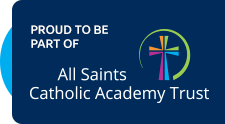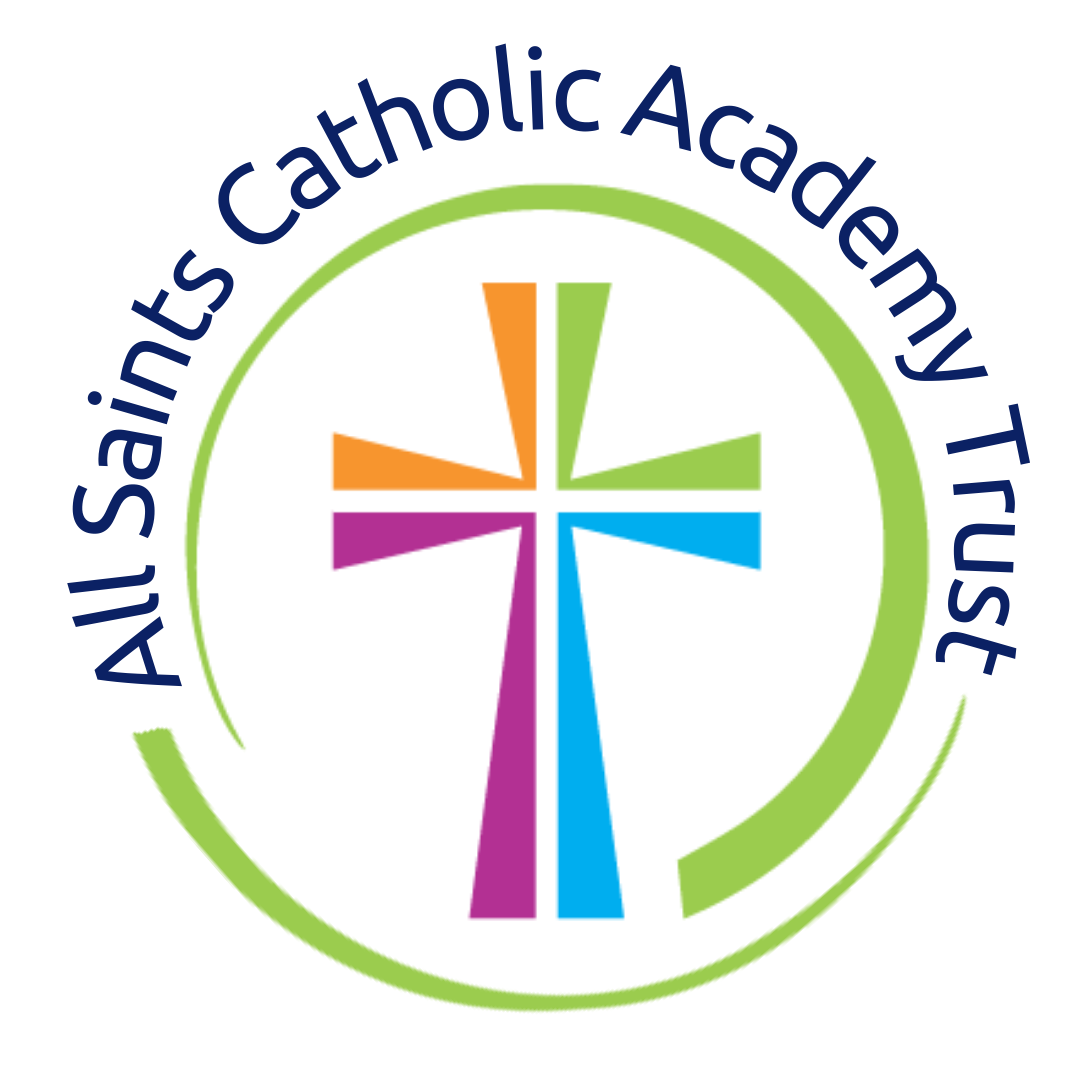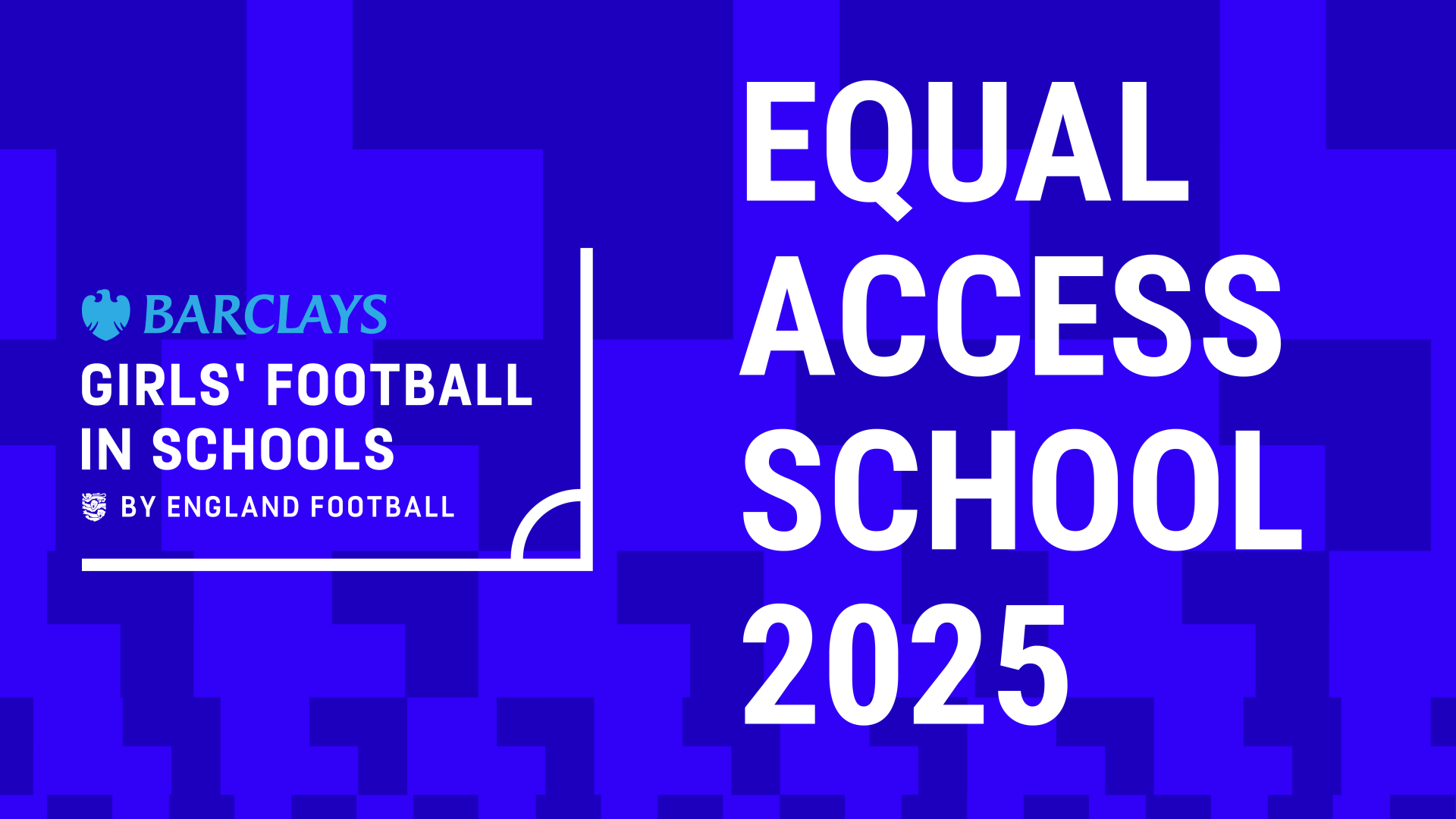Little Wandle EYFS and KS1 Reading and Phonics
Phonics
Intent
At St Thomas More, we want every child to develop a strong foundation in reading from the very beginning of their learning journey. We believe that reading is the key to unlocking all areas of the curriculum, and we are committed to ensuring that every child becomes a confident, fluent, and enthusiastic reader. By using a systematic phonics approach, we aim to give children the essential skills they need to decode words, build fluency, and develop a lifelong love of reading.
Implementation
From Reception to Year 2, children are taught to read through the Little Wandle Letters and Sounds phonics programme. This is a carefully structured, systematic scheme that introduces sounds in a clear sequence and gives children daily opportunities to practise and apply their phonics knowledge. Lessons include a balance of teaching new sounds, revisiting prior learning, and practising blending for reading and segmenting for spelling.
Children read fully decodable books that are closely matched to their phonics stage, giving them the chance to apply their knowledge with confidence. Staff receive regular training to ensure high-quality, consistent delivery of the programme across the school.
Impact
As a result of this approach, children quickly gain the skills they need to decode words and develop accuracy and fluency in their reading. They become confident readers who can access texts independently and with enjoyment. By the end of Key Stage 1, most children are well-prepared for the transition into more complex texts and whole class reading sessions in Key Stage 2. Above all, our pupils develop a positive attitude towards reading, seeing it not only as a skill to master but as a source of enjoyment, imagination, and discovery.
Programme-Overview_Reception_.pdf
Programme-progression_Year-1_.pdf
Programme-progression_Year_2_.docx
/i/video/how_we_teach_blending__720p_.mp4
/i/video/tricky_words_final__1__mp4__1080p_.mp4
LS-KEY-GUIDANCE-Application-of-phonics-to-reading__2_.pdf
How Reading is taught:
The National Curriculum for English (2014) aims to ensure that all pupils:
- read easily, fluently and with good understanding
- develop the habit of reading widely and often, for both pleasure and information
- acquire a wide vocabulary, an understanding of grammar and knowledge of linguistic conventions for reading, writing and spoken language.
Reading underpins children’s access to the curriculum, and it clearly impacts on their achievement. There is considerable research to show that children who enjoy reading and choose to read benefit not only academically, but also socially and emotionally. Children need to be taught an efficient strategy to decode words in order to be able to read. That strategy is phonics. It is essential that children are actively taught and supported to use phonics as the only approach to decoding. Other strategies must be avoided. Phonic decoding skills need to be taught and practised until children have adequate accuracy and automaticity to become fluent readers. Fluent decoding is only one component of reading. Children need to be guided to understand what they are reading through discussion and by linking what they read to their experiences. Children grow their language through reading. When children read books, it increases their vocabulary because they encounter words they would rarely hear or use in everyday speech. Children who read widely and frequently also benefit from knowing more about the world.
The children’s book levels are linked to their most recent Phonics assessment, to ensure the reading text is matched to their current knowledge of sounds, alternative sounds and tricky word knowledge.
Focus and structure of the sessions
Children read the same book aloud in each of the three sessions with growing automaticity and accuracy. The pre-read and independent reading parts of the sessions are essential in providing the repeated practice needed for children to build fluency. Each session in this ‘three read’ model has a clear focus:
Read 1: decoding
Read 2: prosody – reading with meaning, stress and intonation
Read 3: comprehension – understanding the text.
Each of these sessions follows the same structure:
- Pre-read: Revisit and review
- Reading practice: Practise and apply
- Review: Pacy review of any misconceptions
Pre-read (Revisit and review)
Aim: increased automaticity of GPC (Grapheme Phoneme Correspondence) and word reading. This part of the session is short and pacy. The teacher ensures all children practise:
- reading graphemes
- reading words with increased fluency
- reviewing tricky words The teacher teaches vocabulary words to the children.
Reading practice (Practise and apply)
Aim: increased automaticity and fluency. This is the core part of the session: children read the book independently and the teacher ‘taps in’. It is vital that the teacher gets up to tap in to every child as they read so they hear each child in every session. This supports the teacher’s Assessment for Learning and ensures that the teacher encourages children to read with increased fluency. In Read 2 prosody is taught after the children read independently. In Read 3 there is time to explore comprehension after the children read independently. There are questions to support the comprehension discussion in the back of the book.
Review
Aim: to address and errors or misconceptions. Teachers use their Assessment for Learning from the reading session for a pacy review to address any errors with GPCs, specific words in the book or tricky words.
How can i support my child reading at home?
Recommended Reading Lists
50-Best-Books-2025-Poster-Reception.pdf50-Best-Books-2025-Poster-Y1.pdf






